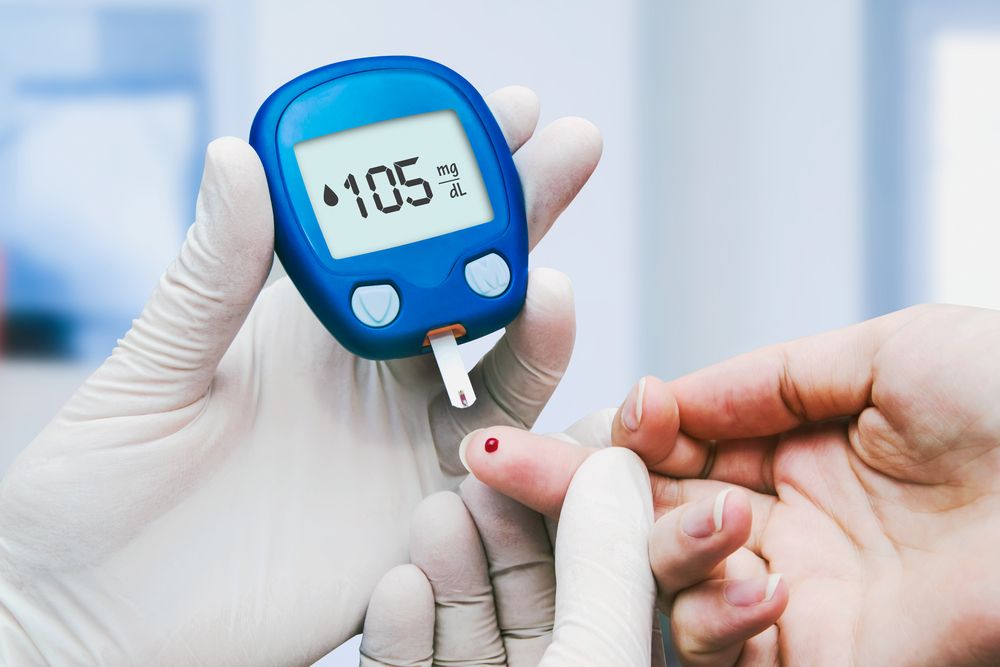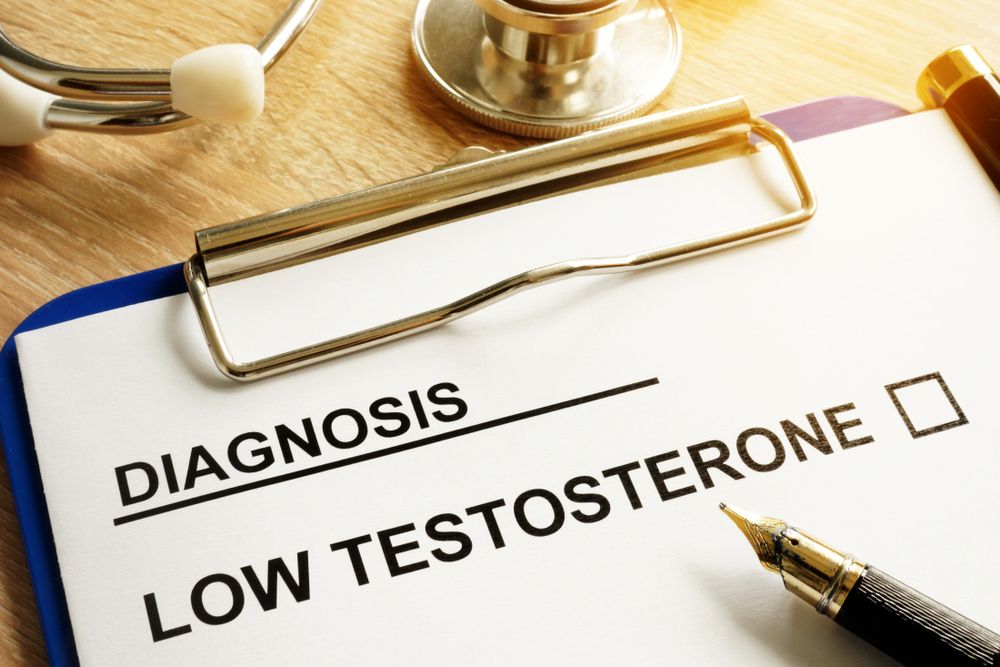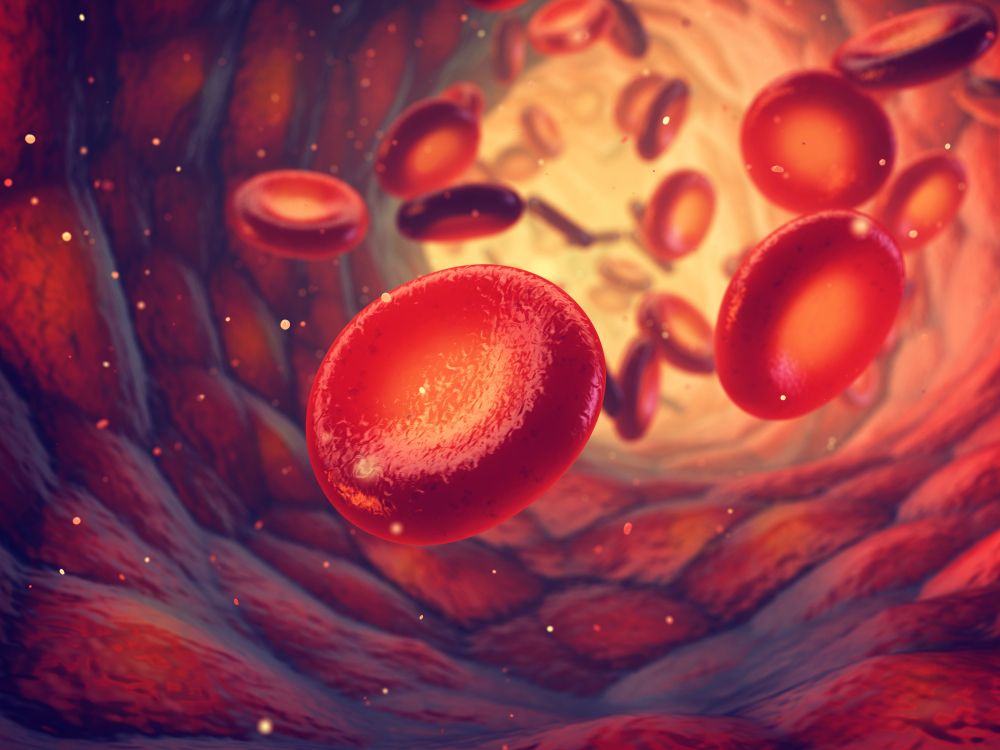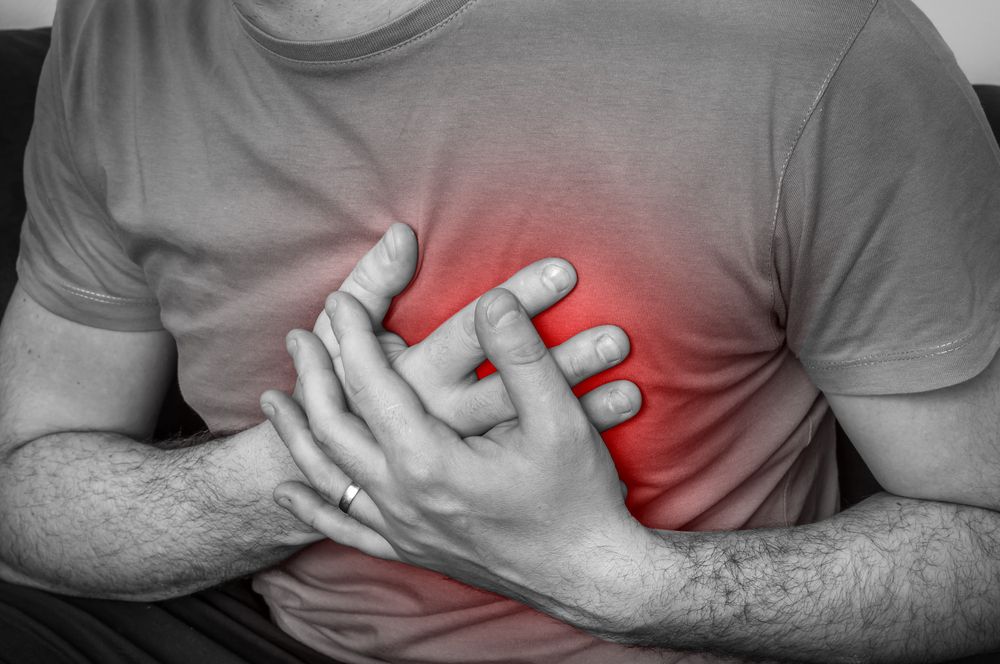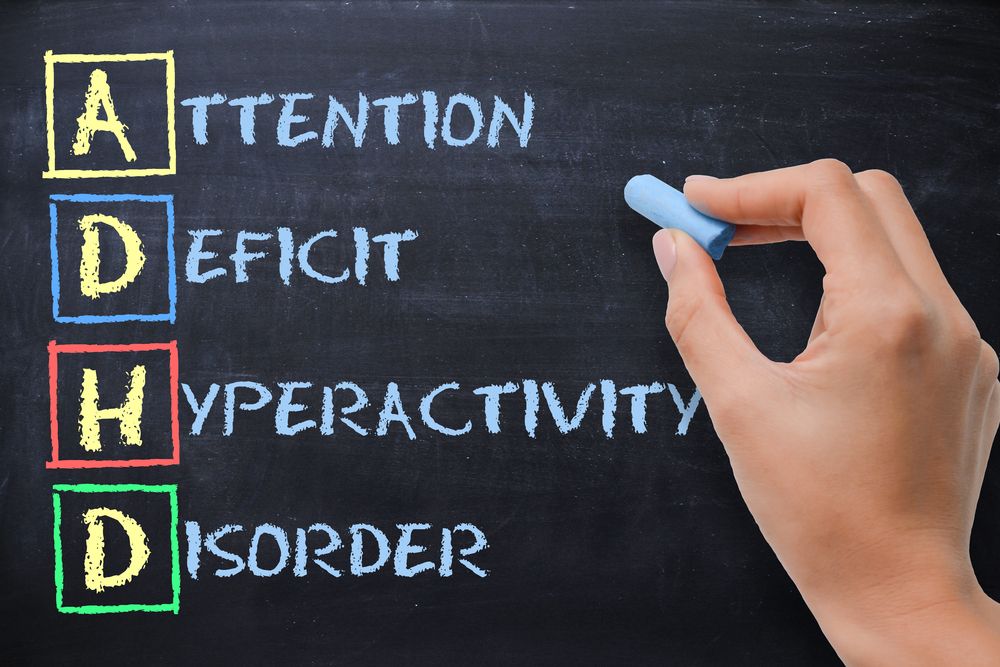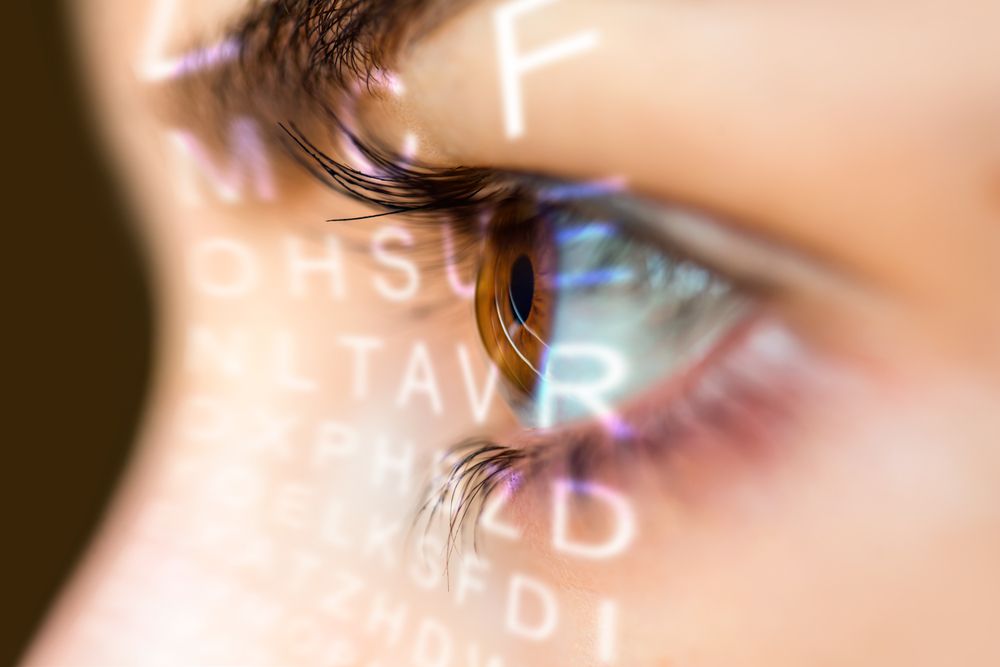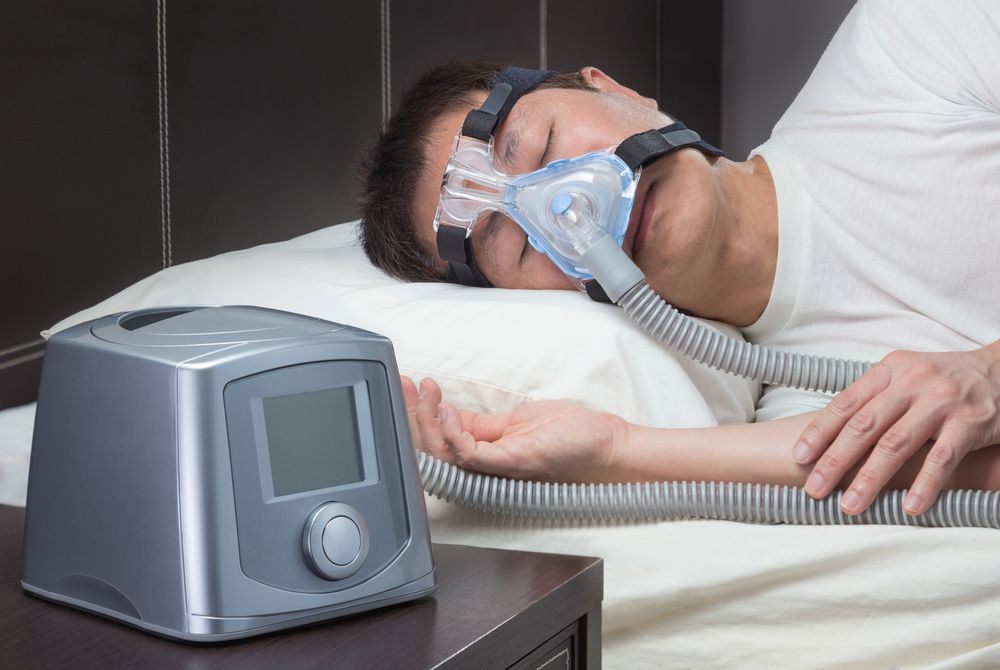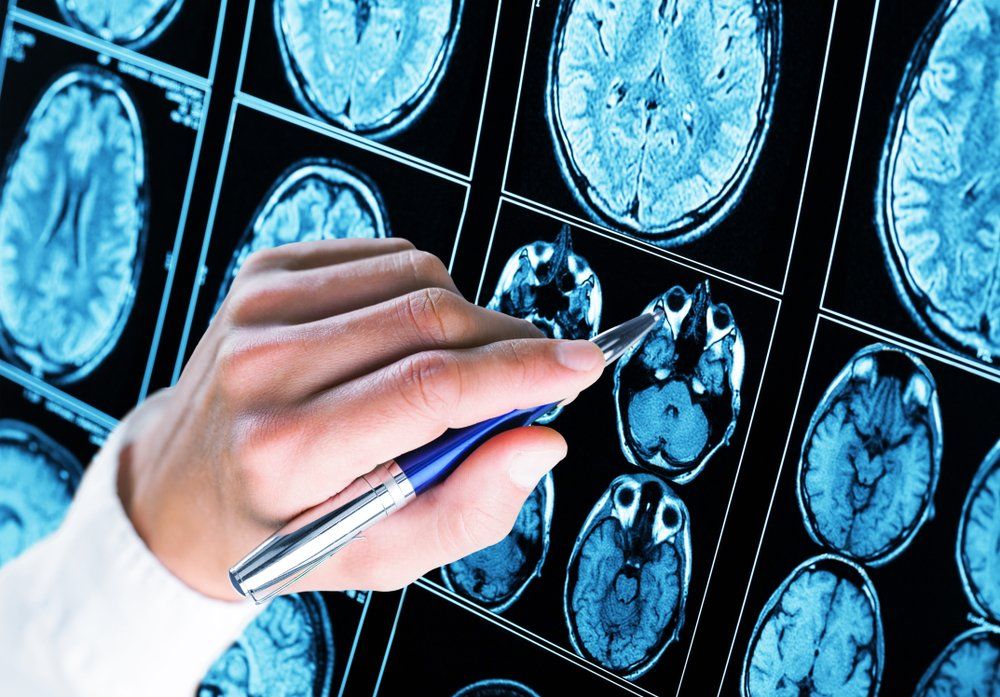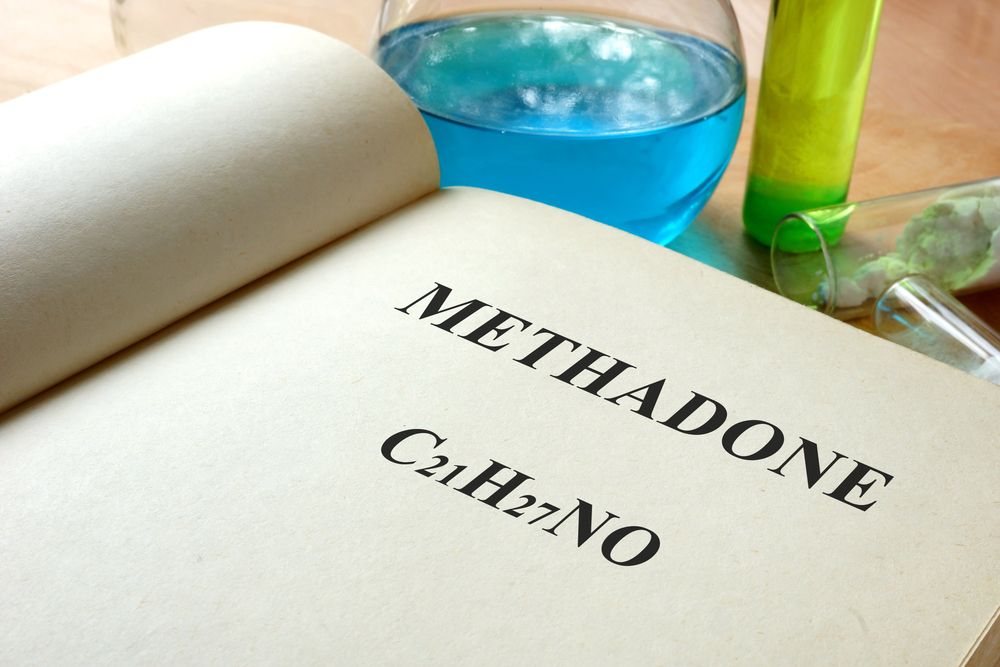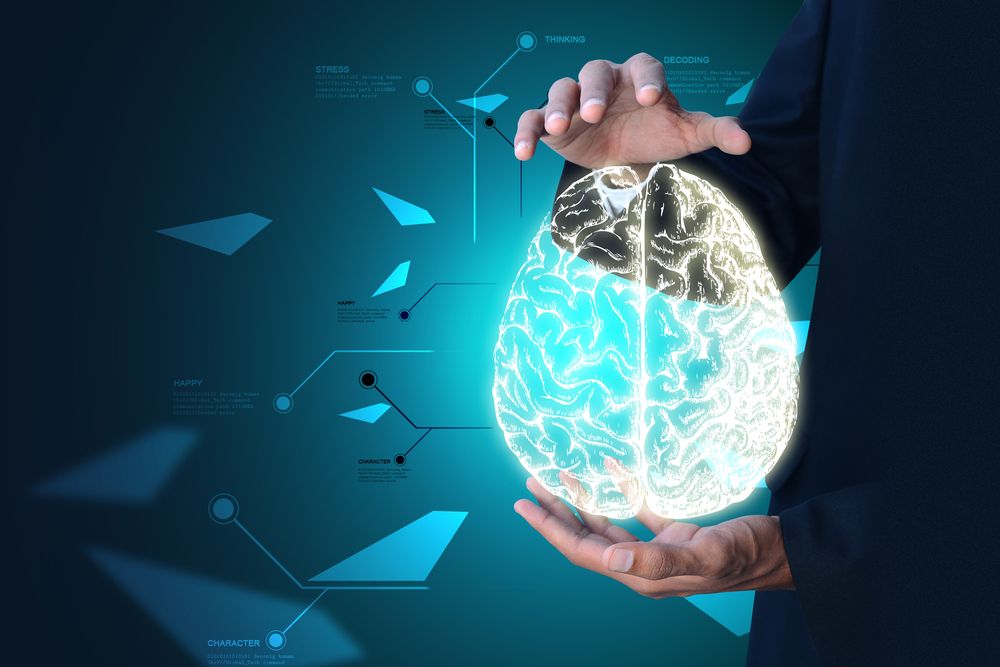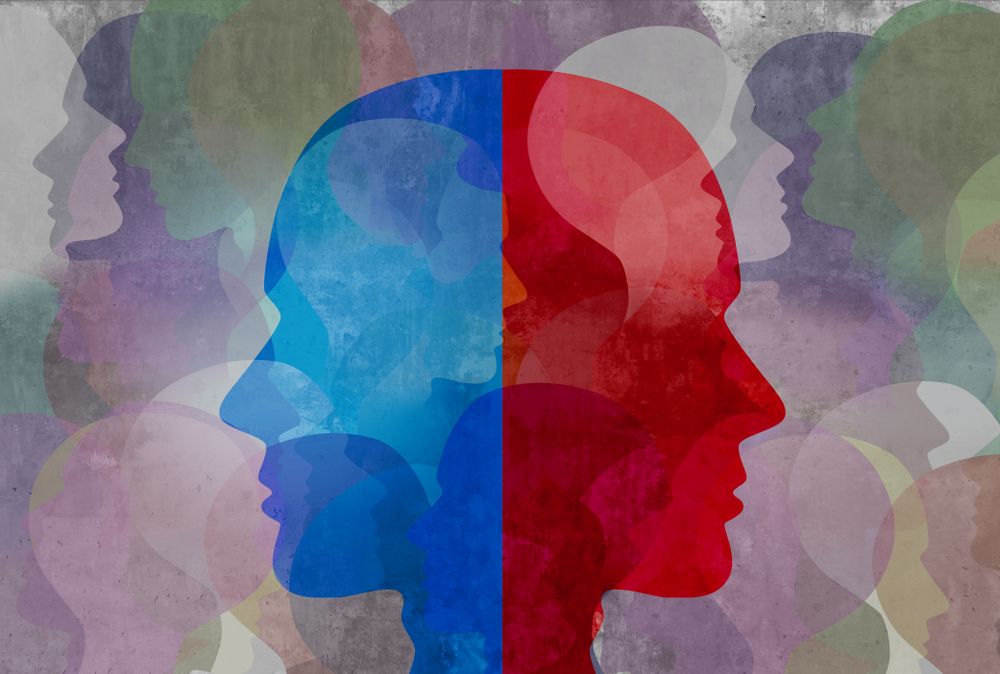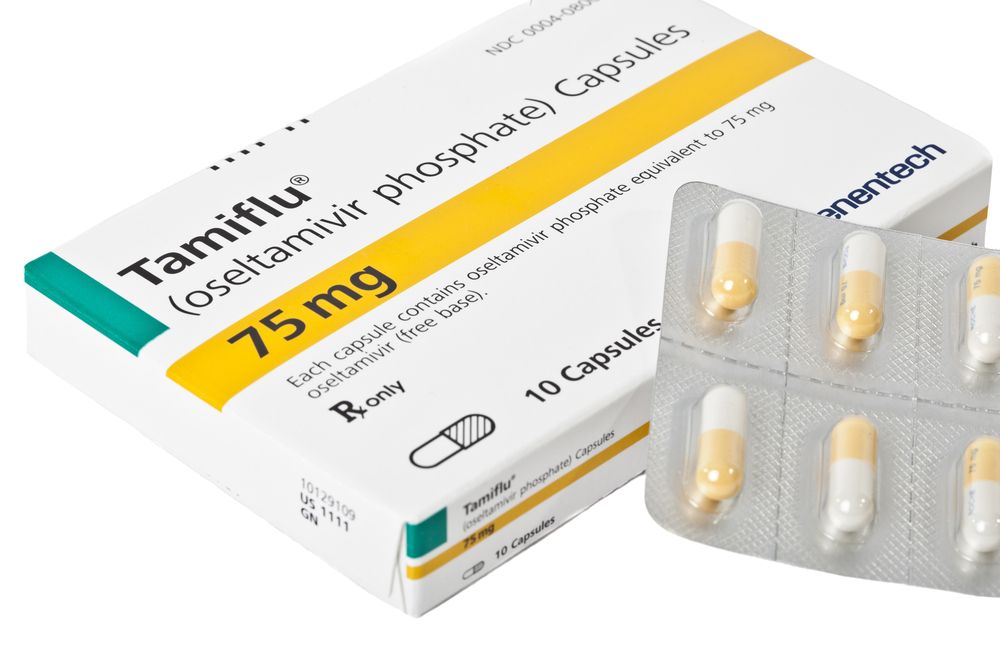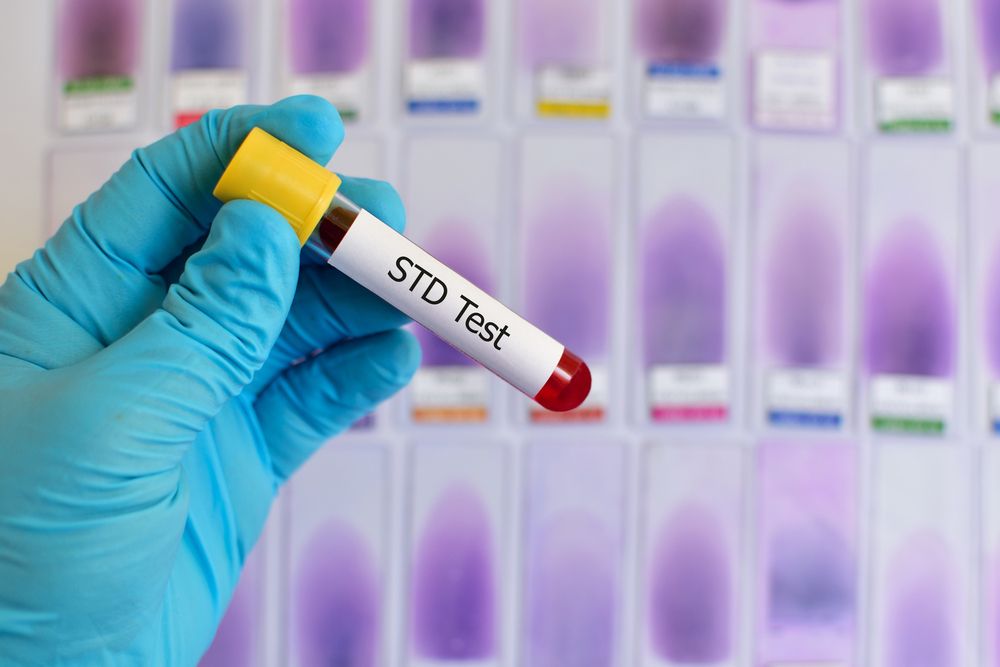Your thyroid is a gland in your neck that produces hormones that assist in converting food and oxygen into energy. When the thyroid gland is not working correctly, you may suffer from metabolic issues. (Learn More – Thyroid Disorders)
The thyroid is controlled by other glands in the brain, like the pituitary gland and the hypothalamus. (Learn More –Controlled by the Brain)
Hypothyroidism occurs when your thyroid gland produces too little thyroid hormone. (Learn More – Hypothyroidism)
There can be several different causes of hypothyroidism.
Hyperthyroidism occurs when your thyroid produces too much thyroid hormone. This can also be caused by several different conditions. (Learn More – Hyperthyroidism)
Other thyroid disorders include goiter, thyroid nodules, and cancer. (Learn More – Goiter, Nodules, and Thyroid Cancer)
There are different approaches to diagnosing thyroid disorders. (Learn More – Diagnosing Thyroid Disorders)
Treatment depends on the particular disorder. (Learn More – Treatment)
With hyperthyroidism, the goal is to slow down or stop the production of thyroid hormones, whereas the opposite approach is taken for people who have hypothyroidism.
If drugs or other forms of therapy are not successful in treating cancer, surgery may be recommended.
People who suffer from thyroid disorders can typically expect to make a full recovery. (Learn More – Recovery)
Thyroid Disorders
Your thyroid gland is a small gland shaped like a butterfly near the front of the neck. It is located near the Adam’s apple and wraps around your windpipe (trachea).
The thyroid uses iodine to produce hormones like thyroxine (T4). T4 is released from the gland, and a small amount of it is converted into triiodothyronine (T3). T4 and T3 travel throughout the bloodstream. They are very important to the metabolic process, converting calories and oxygen into the energy your body uses to function.
Thyroid disorders are conditions that affect the thyroid gland. Different disorders can affect the structure of the gland, which can inevitably interfere with its ability to function properly.
Controlled by the Brain
The thyroid gland is controlled by the hypothalamus and the pituitary gland. When thyroid hormone levels are 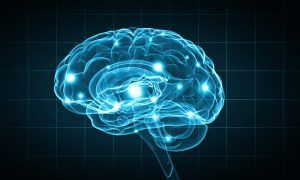 low in your body, the hypothalamus produces thyroid-releasing hormone (TRH), which triggers the pituitary gland to release thyroid-stimulating hormone (TSH). TSH incites the thyroid to release more T4.
low in your body, the hypothalamus produces thyroid-releasing hormone (TRH), which triggers the pituitary gland to release thyroid-stimulating hormone (TSH). TSH incites the thyroid to release more T4.
Disorders that affect the hypothalamus or pituitary gland will also affect the functioning of the thyroid.
Hypothyroidism
Hypothyroidism occurs when the thyroid gland does not produce enough thyroid hormone. Symptoms of hypothyroidism include the following:
- Lethargy and fatigue
- Problems with concentration and other cognitive functions like memory
- Joint and muscle aches
- Feeling cold
- Constipation
- Fluid retention
- Depression
- Unusually heavy menstrual bleeding in women
- Weight gain
According to the American Thyroid Association (ATA), the major causes of hypothyroidism are disorders like:
- Hashimoto’s thyroiditis, which is an autoimmune condition that results in an inflamed thyroid gland.
- Other types of thyroiditis (inflammation of the thyroid gland) that occur as a result of a medical condition.
- Thyroid hormone resistance, a rare condition where the cells in the thyroid gland are abnormal, leading to aberrations in the release of thyroid hormones.
Hyperthyroidism
On the other hand, hyperthyroidism occurs when there is excessive production of thyroid hormones. The symptoms of hyperthyroidism are consistent with an increase in metabolism and include the following:
- Increased heart rate
- Nervousness and/or tremors
- Heat intolerance and increased sweating
- Problems with concentration
- Weight loss
- Fatigue

According to the ATA, some of the more common causes associated with hyperthyroidism include:
- Thyroid nodules that lead to overproduction of thyroid hormone.
- Too much iodine in one’s diet.
- Graves’ disease, an autoimmune disorder where the immune system attacks the thyroid gland.
- Toxic multinodular goiter. These nodules are abnormal masses in the thyroid that result in overproduction of thyroid hormones.
Goiter, Nodules, and Thyroid Cancer
A goiter is an enlargement of the thyroid gland. A goiter itself is not a disease, but it can be associated with hypothyroidism or hyperthyroidism. It may also cause no issues related to thyroid function.
Nodules are abnormal masses or lumps on the thyroid. They can be benign or cancerous.
Thyroid cancer occurs more often in women than men, and it is more common in people under the age of 55. In most cases, thyroid cancer has a good prognosis, particularly if it can be diagnosed early.
Diagnosing Thyroid Disorders
The diagnosis of a thyroid disorder involves a thorough look into your medical history, a physical exam, and specialized tests. The chosen tests will typically be based on the symptoms you are expressing.
Blood tests are used to measure TSH and other thyroid hormone levels. They are also used to identify other substances that may signal which disorder you may have. For instance, with hyperthyroidism, you would be expected to have higher TSH levels because your system is telling your thyroid to continue producing thyroid hormones.
Conversely, with hypothyroidism, TSH levels are reduced. Blood tests also measure a hormone called calcitonin, which can indicate that a person may have a rare type of thyroid cancer if the levels are unbalanced.
Iodine uptake tests can be used to determine how much iodine your thyroid is using. This can help identify hyperthyroidism.
Imaging tests can identify issues with the structure of the thyroid. Biopsies can be used to analyze tissue from the thyroid gland to determine any structural abnormalities or other issues that can lead to the gland not working properly.
Treatment for Thyroid Issues
According to the book The Clinical Management of Thyroid Disease, medications are often prescribed to supplement the lower levels of thyroid hormone associated with hypothyroidism (levothyroxine, synthetic thyroid hormone) or to decrease the production of thyroid hormone with hyperthyroidism. Other medications can be used to address the symptoms of either of these conditions.
 Surgical procedures can be used in the event of thyroid cancer, to remove excessively large goiters, or to remove hyperfunctioning nodules within the thyroid gland itself. If the entire thyroid gland is taken out, the person must take a synthetic thyroid hormone for life.
Surgical procedures can be used in the event of thyroid cancer, to remove excessively large goiters, or to remove hyperfunctioning nodules within the thyroid gland itself. If the entire thyroid gland is taken out, the person must take a synthetic thyroid hormone for life.
- Treatment for hyperthyroidism: Treatment for hypothyroidism typically involves slowing down or perhaps even stopping the production of thyroid hormone by using some type of anti-thyroid medication, radioactive iodine treatment (which destroys the cells of the thyroid), or surgery.
Surgery is typically a last resort or recommended when the person cannot tolerate other treatments. - Treatment for hypothyroidism: Most often, treatment for hypothyroidism involves taking the thyroid hormone levothyroxine for the rest of one’s life. There are no surgeries or drugs that can address this condition.
- Cancer treatment: If medications do not work, thyroidectomy (a surgical procedure that removes the cancerous tissue from the thyroid or the whole thyroid), is typically safe and effective.
Recovery
In the vast majority of cases, the treatment of thyroid disorders is well-managed. People generally recover without significant complications, even from thyroid cancer, as long as the cancer has not metastasized throughout the body.
References
Thyroid Gland: Overview. ( March 2019). Endocrineweb.
Hypothyroidism: Overview. (2019). American Thyroid Association.
Hyperthyroidism: Overview. American Thyroid Association.
Clinical Management of Thyroid Disease E-Book. (2009). Elsevier Health Sciences.




